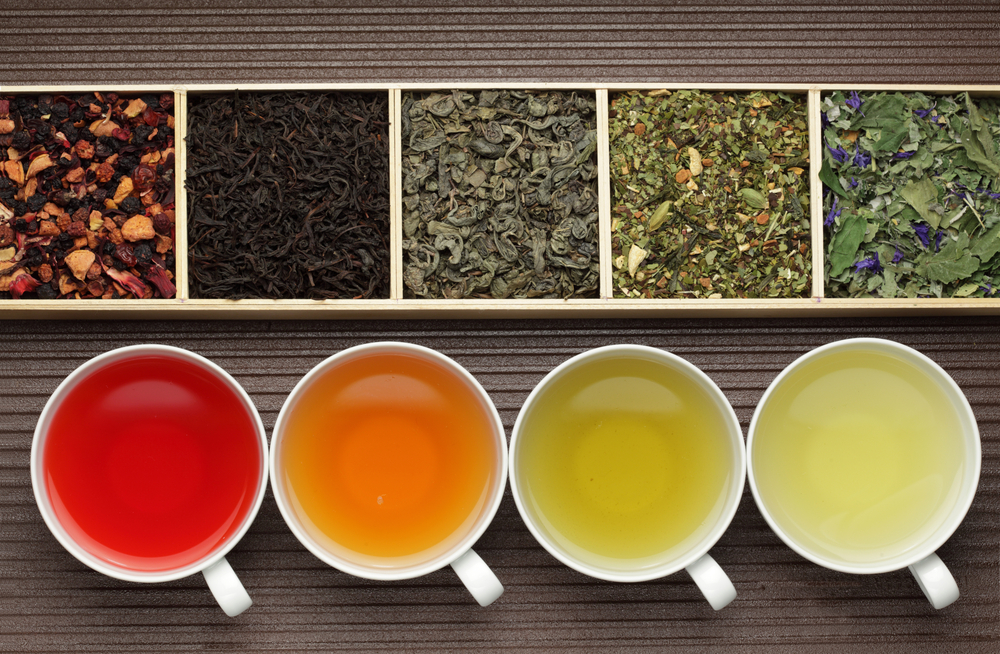Some tea drinkers enthuse on the merits of first flush Darjeeling or extol the virtues of Orange Pekoe, but many enjoy a cup of tea simply because it’s comforting and refreshing. However, there is so much more to tea. Whether you pop a teabag into a mug and add water or make a ceremony out of brewing and serving your tea, and whether you drink it piping hot or ice cold, you’re reaping health benefits from your beverage of choice too. Read on to find out more on the history, production, and benefits of tea.

The ancient Chinese were the first to appreciate tea and have been cultivating and drinking it for thousands of years. Now, tea is grown in around 40 countries and is second only to water as the most popular drink in the world. The biggest producers today are China and India.
There are several types of tea, such as white, black, green, yellow, and Oolong. They are made by subjecting the leaves and buds of the plant Camellia sinensis to processes such as wilting, withering, oxidation, drying, aging, and curing. Where and how tea is grown and the processes it undergoes before being sold determine its properties, with each of the finished teas having distinct colors, flavors, and aromas. Oxidation (breakdown of compounds in the leaves by natural enzymes) has a major effect. Black tea leaves are oxidised completely, Oolong is only partially oxidised, and white, yellow, and green tea leaves undergo very little oxidation if at all. Whatever the production methods, all of these teas contain a wide variety of compounds–in excess of 30,000 in the case of black tea–many of which appear to have health benefits.
Tea has been touted for its medicinal properties since ancient Chinese times, but in recent years, scientists have studied tea and its effects on humans in more detail. They’ve found this popular drink contains a wide range of nutrients like manganese, zinc, and some B vitamins. It also contains antioxidants called polyphenols, which give tea its astringency, flavor, and color as well as its health-enhancing effects. Indeed, tea is often described as a functional food because of its diverse mix of beneficial chemicals.
So, what can drinking tea do for you? Research has shown that drinking tea regularly is associated with better heart health and green tea appears to protect against type 2 diabetes and arthritis. Additionally, drinking several cups of tea a day may protect against or delay the onset of Parkinson’s Disease and regular green tea intake is linked to better bone health in postmenopausal women. Take advantage of the whole range of benefits by drinking both black and green tea every day.
A cup of tea can perk you up, comfort you, and slake your thirst. It also supplies health-promoting compounds that may protect you against several life-limiting or life-threatening diseases and conditions. So, do yourself a favor: make yourself a cup of comforting, healthy tea now.
Like edible nutritious ways of boosting your health? Check out more of our topics under Epicurious!







